In March 2022, I took a scoping trip to central Somaliland to inspect possible locations for a pilot network of autonomous environmental sensors to provide baseline information on microclimate in this data-deficient region.
New milestone: My paper is now the most read and cited
This is an exciting milestone for me. As of December 13th, my open access study on the Land cover and land use classification performance of machine learning algorithms in a boreal landscape using Sentinel-2 data that was published in 2020 is the most read (22,885) and most cited (101) paper in the journal GIScience & Remote Sensing.
European forests in the spotlight and how satellites can help monitor them
We are officially in the UN Decade on Ecosystem Restoration (2021 – 2030), which is global movement to prevent, halt and reverse the degradation of ecosystems. Whichever way you look at ecosystem restoration, chances are that you will eventually encounter trees, and by extension forests. Here in Sweden, forests have been in the national discourse since the EU’s new forest strategy for 2030 came out in July 2021.
An ethical blind spot in the natural sciences
Some disciplines such as cultural anthropology are better adept at recognizing power imbalances than others due to decades of field research on human society and mistakes learnt from earlier work. Although natural scientists conduct field research that is often not directly about people but their field sites, for example climate stations, flux towers, geological formations, or bird colonies, are frequently located where people live. Yet, there is a lack of awareness of the power dynamic between the scientists themselves and the local community where the research is being conducted.
Remembering Simon Aspinall
Today marks ten years since the passing of Simon Aspinall. Few people have impacted the trajectory of my career as much as Simon has. When I was 13, I developed an interest in natural history, which gradually turned into an interest in birds. I suppose it was an evolutionary progression since I was quite interested in dinosaurs when I was younger and memorized the names of many of them.
Nomination for WWF's "Environmental Hero" award
In mid-September I got an email that said “ditt arbete med Birding Therapy som en av de nominerade av Årets Miljöhjälte i kategorin biologisk mångfald” (your work with Birding Therapy is one of the nominees for this year’s Environmental Hero award in the biodiversity category"). At first I didn’t know what to think and thought it was a phishing/malware type of spam. But then it sunk in that this is real, and it’s difficult to put into words how I felt. I didn’t think that anyone was paying attention to the small side project I started to get more people, particularly underrepresented groups, out into nature and birding.
TEDx talk on “Satellites for Everyone”
My TEDx talk is now available on YouTube. The basic premise of the talk is that when you put all the recent advances in perspective, it results in a democratization of data on one hand, and science on the other. It means that anyone with a computer and a decent internet connection can have access to satellite data, process them using open source methods and extract information for their own use. This not only helps accelerate the rate at which scientific discoveries are made but also makes knowledge sharing and international development more equitable and inclusive.
Profile in a Swedish popular science magazine
Back in January, I had the opportunity to be interviewed by the Swedish popular science magazine Populär Astronomi about my research in Earth observation.
Perform a Mann-Kendall trend test on satellite image time series in R
The Mann-Kendall trend test has become popular in the remote sensing community to test whether a time series of satellite observations is consistently increasing or decreasing. In this post, I developed a function in R that can take in raster stacks or bricks to perform the Mann-Kendall trend test and calculate its statistical significance (p values).
Keynote Talk: “Earth from Space” at Astronomins dag och natt 2020
I was thrilled to be provided the opportunity to be a keynote speaker for Astronomins dag och natt or “Astronomy’s day and night” organized annually by the Swedish Astronomical Society. The event is in its 9th year and the theme for 2020 is Earth 2.0 and the intersection of the possibility of life in space and the possibilities that Earth observation offers to better understand our own planet.

